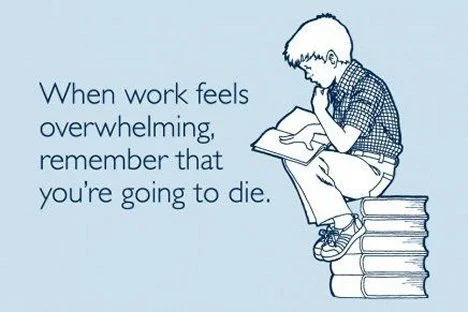A blank piece of paper
During one of the covid lockdowns, I was sitting at home in a zoom meeting that felt like it would never end. I was three hours in, listening to lawyers argue about various non-commercial matters in a trade sale negotiation. I sat there, staring at the screen, wondering is this what I want to do for the rest of my life?
Over the next few days and weeks, I spent time reflecting. Lots of reading, lots of long walks and plenty of writing.
I was very fortunate to have some great mentors and friends that I could turn to for advice. After several discussions, the key question that resonated with me was:
“If you were ten times braver, what would you do?”
I decided that I want to learn. I want to grow. I want to contribute.
Over the years, I’ve found the process of starting with the end in mind and working backwards to be very helpful. So, I came up with a few questions to help clarify my thinking. I’m sharing these with you to hopefully help if you’re considering your own long term professional potential.
Long term
How long do I want to work for? (and what would be the approximate year at the end of my professional life)
In that year, if I was reflecting back on my professional life, what would I be most proud of and most grateful for?
What does success look like for me? What’s my best case? What would my professional "no regrets list" be?
How much effort am I willing to commit for success?
How do I enjoy spending my professional time?
Alignment and progress
How will I know if I'm progressing over time?
What would it take to set me up for success?
What does a great year/month/week look like for me (professionally)?
After sharing these questions with some friends and founders, I added a few more questions for longer term consideration for business:
What are you excited about?
How big a vision do you want to shoot for?
How much risk do you want to take?
Do you want to commit to building a customer focussed, high performance culture and team?
How much do you need to earn on the journey? How important is liquidity over time?
After going through this process I felt empowered. I had a much better understanding of what was important to me. It also took me on a journey of exploring knowledge management, mental models and frameworks, and the best tools and platforms that could help me, and those I work with, perform better.
A few initiatives came out of this:
I built my site and started sharing thoughts on my blog
I started No Brand to invest in mission driven leaders who are building for a long term horizon and benefit from online platforms, community or network effects
I co-founded FounderCo to partner with founders (typically founder funded with $10m+ revenue) to create and realise life-changing value
I’m so grateful to spend my time learning, growing and contributing. It is a fulfilling journey spending time with my colleagues, our collective advisors, the founders we work with and the teams they are building.
Reflecting today, my happiness factor: 10/10.
